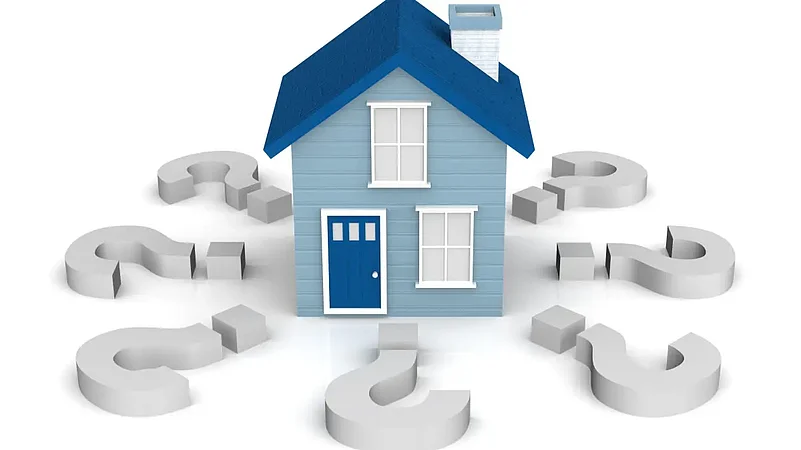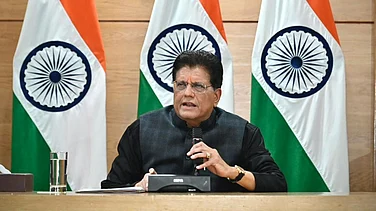Homebuyers should prepare to shell more as housing prices are rising, according to the latest data from the Reserve Bank of India (RBI).
Recent data released by the RBI shows that the All India House Price Index (HPI) recorded a growth of 1.8 per cent in the fourth quarter of FY22 on an annualised basis. The key index, however, rose at a slower pace than in the January-March quarter of the previous fiscal year, when it increased by 2.7 per cent.
The RBI has released the All India Housing Price Index based on transaction-level data obtained from the housing registration authorities in the top 10 cities across India, namely: the four metros - Delhi, Mumbai, Kolkata and Chennai, and Ahmedabad, Bengaluru, Jaipur, Kanpur, Kochi, and Lucknow.
According to data from the RBI, the All India Housing Price Index registered an annual growth (y-o-y) of 1.8 per cent in Q4 of 2021-22 as compared to 3.1 per cent in the previous quarter, and 2.7 per cent a year ago.
On a sequential basis, the index contracted 1.1 per cent. Kolkata, Chennai and Kanpur recorded sequential growth, while the index contracted for the other cities. Prices in Kolkata expanded by 19.2 per cent, while those in Bengaluru contracted 11.3 per cent, the data revealed.
MCD Hikes Transfer Duty Fee In Delhi
In what could further add to the cost of homebuyers in Delhi, the unified Municipal Corporation of Delhi (MCD) has decided to hike the transfer duty by 1 per cent on properties priced above Rs 25 lakh across the city, a news report by PTI said, citing official sources.
The idea was approved by a special officer of the MCD, who has been given the authority to manage the civic body until a new House is elected.
According to MCD officials, the transfer duty will be 4 per cent for men and 3 per cent for women after the increase. At present, the transfer duty on property sales and purchases in the national capital is 3 per cent for men and 2 per cent for women.
Says Ashutosh Kashyap, director, advisory services, Colliers India: “The proposed increase in the transfer charges, will increase the incidence of transaction cost on transfer cases. This move would imply an additional landed cost for secondary purchase. This move will marginally add to the lucrativeness of property purchases in the primary market from the developer, which might slightly sweeten the purchase in the primary market. On the other hand, the money collected on account will imply better funds with urban local bodies to undertake betterment of infrastructure and civic services within the city.”
Apparently, over the last one year, the average cost of construction has also surged by 10-12 per cent on an average because of the increased input costs, according to a report by Colliers earlier this March. The report said that the price of key components, such as steel and cement have increased annually by 30 per cent and 22 per cent, respectively, and that of copper, aluminium and oil by 40, 44 and 70 per cent, respectively, further pushing up construction costs.
























.png?w=200&auto=format%2Ccompress&fit=max)






